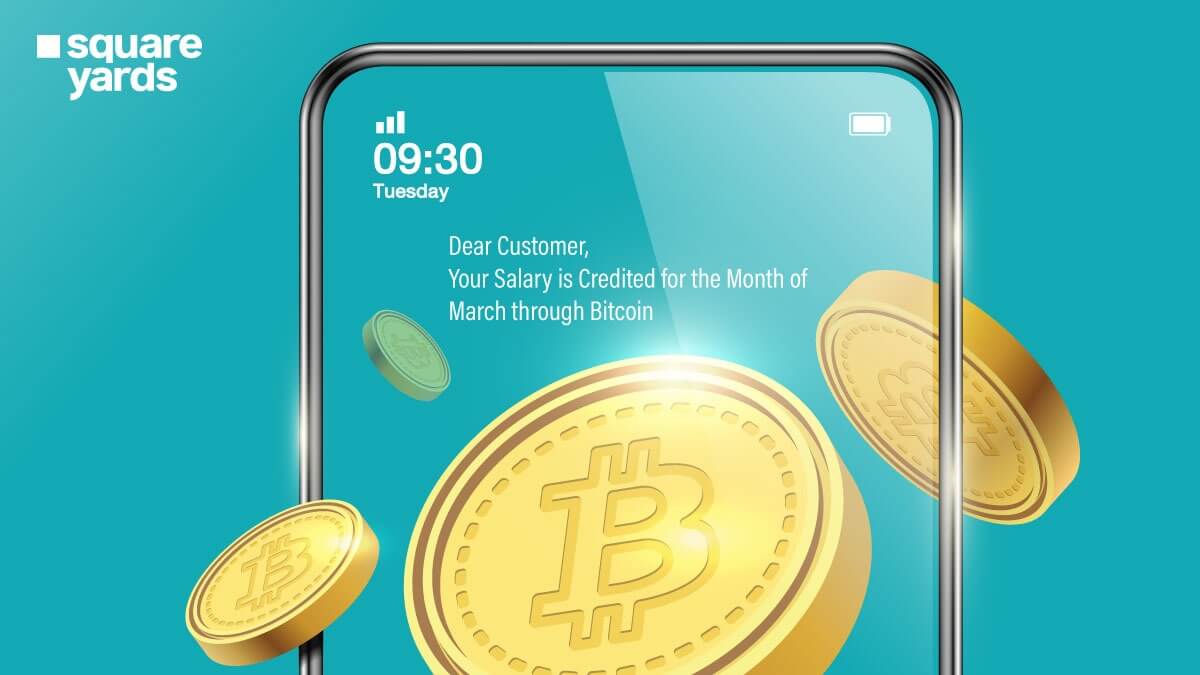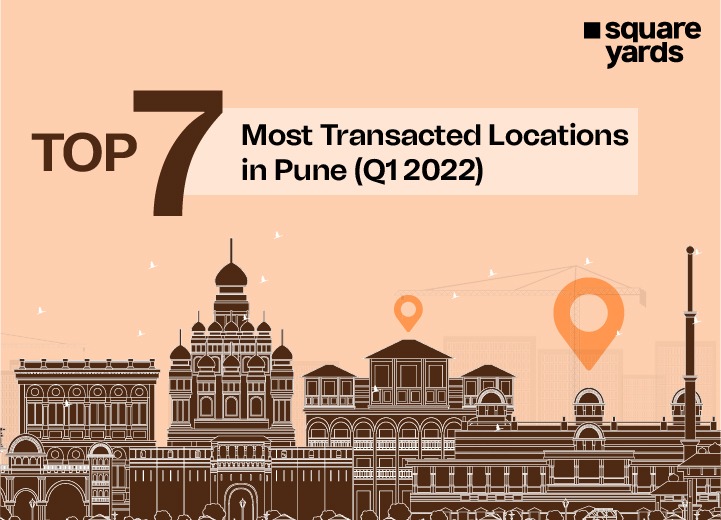The year is 2022, and the world has started to act normally after two years of the Covid-19 pandemic. But there are several changes compared to pre-pandemic times, offices have been operating remotely, and people have been choosing to work from any location worldwide. Freelancers are now taking up projects from different countries and are looking at cryptocurrency as an alternative mode of payment. This is because of the ease in transactions and comparatively lower regulations.
Cryptocurrencies like Bitcoin have become extremely popular mainly because countries like El Salvador recognise them as legal tender. This has motivated many organisations and individuals to adopt it as a substitute for traditional currency. However, before you start considering crypto as an alternative for your paycheck, take a look at some of the following pros and cons below.
Table of contents
What Drawing Salaries in Crypto Will Be Like?
Drawing salaries or receiving payment in Bitcoin is similar to any other digital transaction. All you will need to do is create an online account on any free cryptocurrency exchange platform. Users can then store their payments in their digital wallets on such platforms. You can also sell these currencies on the platform in exchange for legal tender
Often, the market-linked volatility of Bitcoin is viewed as potentially beneficial for the receiver since the prices could increase significantly in the future. But that’s not entirely true. This unpredictability of the cryptocurrency might be the biggest drawback of accepting Bitcoin as a salary.
see also@ What is a Bitcoin and How Does it Work?
The cryptocurrency market has a notorious reputation for being extremely unpredictable. If its price were to plummet suddenly, businesses and individuals might lose a significant part of the payments. Furthermore, one of the most important factors regarding such payments is taxation. Each country has different rules and regulations regarding crypto taxation, making international transactions slightly complicated.
Should You Accept Salary in Bitcoin?
The rapid growth of the crypto market has led to increased potential investors chasing the lure of making quick and relatively easy profits. People have also inevitably thought about what it would be like to receive their salaries in the largest cryptocurrency in the world. The ever-rising inflation and steep interest rates have been causing major dents to the middle-class individual’s income, and Bitcoin has been viewed as a solution to that problem.
While the possibility of earning handsome profits due to a sudden price surge cannot be entirely ignored. It is good to analyse the challenges and risks associated with this highly volatile industry. According to a research conducted by CoinMarketCap (a market research firm), Bitcoin has been traded at below $45,000 for most of the last month. At the time of writing, Bitcoin is trading at $46,621; this is a major drop from its all-time high of $68,789 just five months ago.
But believers have often quoted the increasing global acceptance of cryptocurrency as evidence backing this idea. They also state comparatively lower transaction charges and ease in transactions as the major cons of accepting Bitcoin as salary. But if you are considering accepting Bitcoin as payment, there are a few things that you should know:
- No major players in the world economy have taken significant steps to recognise Bitcoin as legal tender officially. Several countries are still developing methods to introduce their government-backed digital currencies.
- There are several limitations to using Bitcoin as a primary payment method. You cannot make payments in crypto for grocery shopping or other essential services. Even though many organisations are not opposed to Bitcoin as a payment alternative, worldwide acceptance of Bitcoin is still a far-fetched dream.
- With the rapid digitisation of the global economy, NFTs have emerged as one of the hottest products in the digital currency market. You can use Bitcoin as a payment for purchasing NFTs and property in the online world. Some reports state that a few restaurant chains in the USA have taken steps to accept Bitcoin as a payment. But the Indian government has not announced any such plans for the country so far.
Scope of Crypto as Legal Tender in India
After many years of speculation and uncertainty, India has finally received some clarity about the scope of cryptocurrency in the country. Finance Minister Nirmala Sitharaman stated during the Union Budget speech earlier this year that even though cryptocurrencies might have gold, they will never be considered as a legal tender. Similar to how gold and diamonds have value but are not considered a legal tender.
Except for El Salvador, no other country has taken major steps toward accepting Bitcoin as legal tender. India has been working on developing legislation to control and regulate cryptocurrency, but no major public drafts have been announced yet. But the Reserve Bank of India has reportedly drafted plans to introduce the ‘Digital Rupee’, which will commence regulation in the next financial year.
Unlike other traditional currencies created by a central banking authority, the Indian rupee derives its value from a guarantee backed by the government’s banking system. In their pure form, Bitcoins have no true value; it is linked to the constantly changing supply and demand levels. Thus, it is difficult to associate a certain value with cryptocurrency.
Taxability of Crypto Payments
With effect from 1 April 2022, the Government of India has launched a new taxation model for the crypto market. These new regulations state that all the income from digital assets like Bitcoin will be taxed at 30%.
The Indian crypto market experienced a growth of 641% during the previous financial year. This has urged the authorities to take stringent steps to control and regulate the industry. The taxation of crypto transactions is the first step toward regulating digital currency in the country. Since this move has been popularly viewed as a step detrimental to the greater cause instead of something positive, it has met with immense backlash. The general public has been vocal about this, and hashtags like #IndiaWantsCrypto and #reducecryptotax have regularly trended on major social media platforms.
see also@ Bitcoin: A Thing of the Past and Scope of the Future
As India tries to stay in touch with the rapid movement toward virtual financial products, the Indian authorities have also announced plans to launch their digital currency. Even though it is against the essence of blockchain-backed alternatives like Bitcoin, this could be the beginning of a series of events that will eventually legalise cryptocurrency.
Future Major Currency for Transactions?
Crypto transactions’ ease and quick nature make Bitcoin an attractive option for people who conduct business internationally. However, the unpredictability and constantly changing regulatory environment make accepting Bitcoin as a salary a little riskier than other traditional alternatives.
Despite the undeniable risks, many global celebrities like Sia, Mariah Carey, Kanye West, and Snoop Dogg have come out in support of cryptocurrency. They have asked showrunners to make payments in Bitcoin. While several other individuals and organisations have taken this as an example, it shows the increasing acceptance of Bitcoin as a global currency.
As Indians, the only thing left for us to do is wait for further information and clarity from the Central Government regarding the future of cryptocurrency in the country. We should always evaluate how accepting Bitcoin as a salary can impact our lives and look forward to a not-so-distant future where salaries will be credited in our digital wallets instead of traditional bank accounts.





































